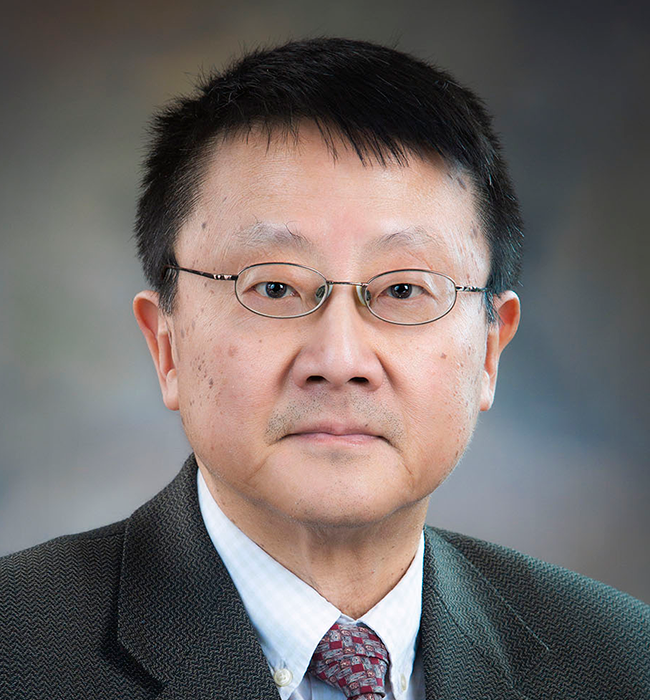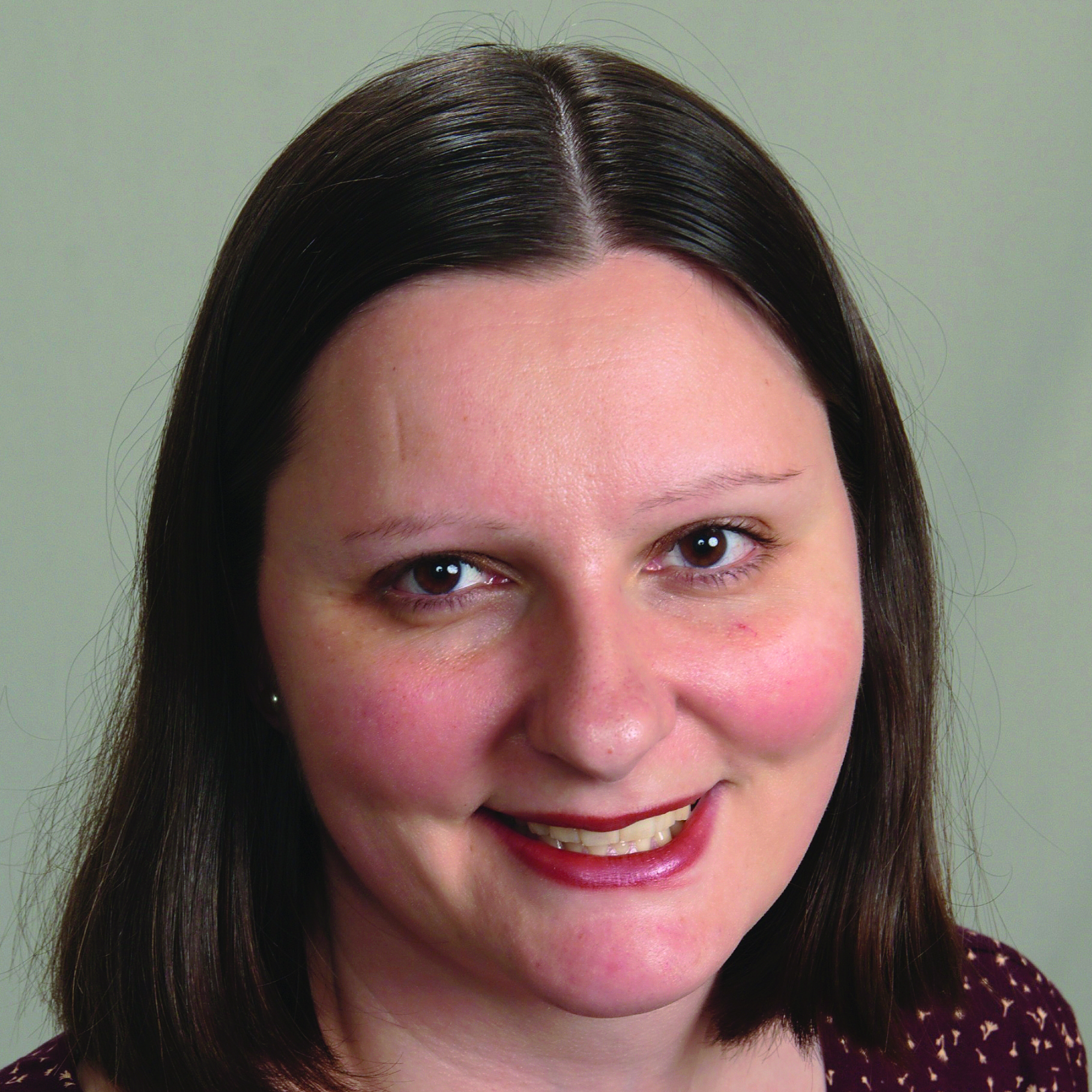Sung to lead cancer institute; Bankston wins fellowship
Sung takes over at San Antonio cancer institute
Patrick Sung, a professor, interim department chair and associate dean for research at the University of Texas Health Science Center at San Antonio's Long School of Medicine, has taken on another leadership role there. On March 1, he became the new director of the Greehey Children's Cancer Research Institute. He succeeds interim director Manjeet Rao and former director Peter Houghton.

The institute, founded in 2004, is a group of 18 labs doing research focused on topics related to pediatric cancers, including cancer genomics, DNA repair, tumor biology and drug development. Research in Sung’s lab, which is part of the institute, focuses on DNA damage repair. He studies homologous recombination as a mechanism for repairing double-stranded DNA breaks, focusing on the mechanism of the recombinase Rad51. His lab is known for recapitulating double-stranded DNA repair in vitro. Failure of such repair can lead to chromosomal rearrangements that drive the development of cancer; at the same time, cancer cells are unusually adept at repairing DNA damage. Several years ago, Sung’s lab found that Rad51 interacts with the well-known BRCA tumor suppressor proteins, suggesting new insights into how BRCA proteins suppress tumor formation.
Sung earned his Doctor of Philosophy degree in biochemistry at the University of Oxford in 1985. He came to the U.S. for a postdoc at the University of Rochester. After starting his faculty career at the University of Texas Medical Branch in Galveston, he worked as an associate professor at UT Health San Antonio before taking a position at Yale in 2003, in the department of molecular biophysics and biochemistry, which he later chaired. He was recruited back to the University of Texas in 2019 as a professor.
Sung has been an associate editor of the Journal of Biological Chemistry since 2014. He also is on the editorial board of the journal Genes & Development and formerly served on the editorial board of the journal Molecular & Cellular Biology.
Research impact fellowship for Bankston
Adriana Bankston, a legislative analyst for the University of California, has received a 2022 fellowship from Advancing Research Impact in Society, or ARIS, a program supported by the National Science Foundation.

This award, shared with the University of California, Irvine's Harinder Singh, will support a program for training in science policy. The project, titled "Developing the next generation workforce through science policy as a bridge between science and society," will use insights from a course that Bankston and Singh taught at Irvine to develop an educational toolkit for universities and to build a community of practice in science policy and advocacy.
Bankston received her Ph.D. in biochemistry and cell and developmental biology at Emory University and was a postdoctoral researcher at the University of Louisville before becoming a policy and advocacy fellow at the Society for Neuroscience. Today, in addition to her position at UC, she works on numerous initiatives as chief executive officer and managing publisher of the Journal of Science Policy and Governance, and as a research investigator with the STEM Advocacy Institute. In February, she was part of a panel discussion hosted by the National Academies of Science, Engineering and Medicine's strategic council for research excellence, integrity and trust. She is also an ASBMB Today contributor.
The Center for Advancing Research Impact in Society is a project to improve public engagement with science and diversify the research workforce. Its fellows, selected annually, work on projects that synthesize research to help scientists achieve these goals.
Enjoy reading ASBMB Today?
Become a member to receive the print edition four times a year and the digital edition monthly.
Learn moreGet the latest from ASBMB Today
Enter your email address, and we’ll send you a weekly email with recent articles, interviews and more.
Latest in People
People highlights or most popular articles

Building a career in nutrition across continents
Driven by past women in science, Kazi Sarjana Safain left Bangladesh and pursued a scientific career in the U.S.

Kiessling wins glycobiology award
She was honored by the Society for Glycobiology for her work on protein–glycan interactions.

2026 ASBMB election results
Meet the new Council members and Nominating Committee member.

Simcox wins SACNAS mentorship award
She was recognized for her sustained excellence in mentorship and was honored at SACNAS’ 2025 National Conference.

From humble beginnings to unlocking lysosomal secrets
Monther Abu–Remaileh will receive the ASBMB’s 2026 Walter A. Shaw Young Investigator Award in Lipid Research at the ASBMB Annual Meeting, March 7-10 in Washington, D.C.

Chemistry meets biology to thwart parasites
Margaret Phillips will receive the Alice and C. C. Wang Award in Molecular Parasitology at the ASBMB Annual Meeting, March 7-10 in Washington, D.C.
